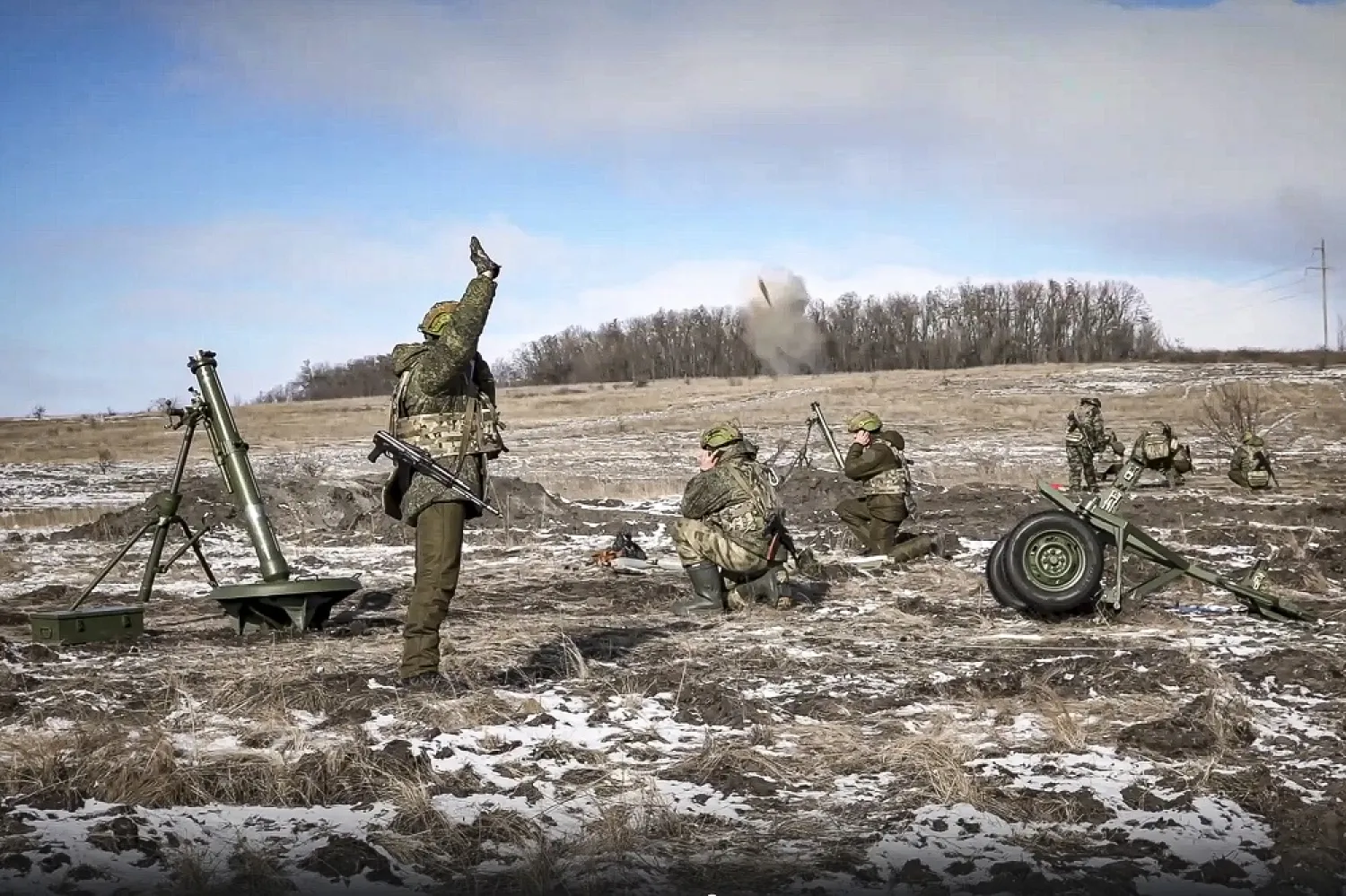Russia on Friday accused the United States of inciting Ukraine to escalate the war by condoning attacks on Crimea, warning that Washington was now directly involved in the conflict because "crazy people" had dreams of defeating Russia.
Moscow was responding to comments by US Under Secretary of State Victoria Nuland who said the United States considers that Crimea, which Russia annexed from Ukraine in 2014, should be demilitarized at a minimum and that Washington supports Ukrainian attacks on military targets on the peninsula.
"Now the American warmongers have gone even further: They incite the Kyiv regime to further escalate the war," Maria Zakharova, spokeswoman for the Russian foreign ministry, told reporters when asked about Nuland's remarks.
"They supply weapons in huge quantities, provide intelligence and participate directly in the planning of combat operations," Zakharova said, adding that some US officials dreamed like "crazies" of defeating Russia.
Crimea, which includes the port of Sevastopol where Russia's Black Sea Fleet is based, is seen by Western and Russian diplomats as the biggest potential flashpoint of the Ukraine war.
The Kremlin has said all territories considered by Moscow to be part of Russia - including the areas of Ukraine under Russian control - are covered by its nuclear umbrella.
"No matter what the Ukrainians decide about Crimea in terms of where they choose to fight etcetera, Ukraine is not going to be safe unless Crimea is at a minimum, at a minimum, demilitarized," Nuland told the Carnegie Endowment for International Peace in Washington.
Asked about the dangers of escalation in the Ukraine war, Nuland said Russia had a host of military installations crucial for the conflict. "Those are legitimate targets, Ukraine is hitting them and we are supporting that," Nuland said.
President Vladimir Putin casts Russia's "special military operation" in Ukraine as an existential battle with an aggressive and arrogant West, and has said that Russia will use all available means to protect itself and its people.
The United States has denied that it wants to destroy Russia, while President Joe Biden has cautioned that a conflict between Russia and NATO could trigger World War Three, though he has also said Putin should not remain in power.
Crimea, which juts out into the Black Sea, was absorbed into the Russian empire after Catherine the Great annexed it in the 18th century.
In 1921, the peninsula became part of the Soviet Union and of Russia within it until 1954, when it was handed to Ukraine, also a Soviet republic, by Josef Stalin’s successor Nikita Khrushchev.
In the 1994 Budapest Memorandum, Russia recognized Ukrainian sovereignty in its existing borders - which included Crimea - and agreed to refrain from using force against Kyiv.
Attacks on Russian air and naval bases in Crimea, as well as on a Russian-built road and rail bridge linking it to Russia across the Kerch Strait - have been celebrated by Ukrainian officials.









